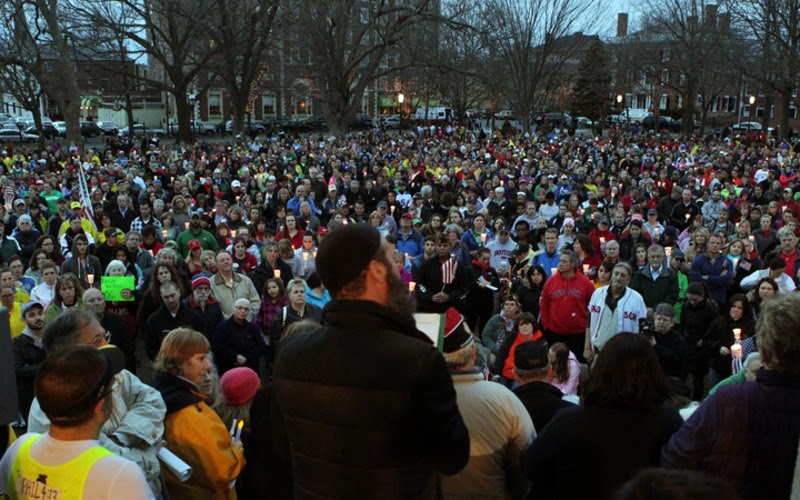In the final scene of the film, Travolta and Denzel Washington square off on the bridge, with the skyline of Manhattan as the indifferent spectator.
Ryder begs to be killed, "Remember," he says, "we all owe G-d a death." Denzel refuses, of course, and responds back with a primal scream that is part refusal of the request, and part existential proclamation.
"We all owe G-d a life," he screams, prayer-like, in a cathartic moment of self discovery.
This reminds me of a Chassidic prayer that goes something like this: "I don't know if my prayer has any meaning, but I am giving you my soul tonight, and I am asking you, give it back tomorrow morning on one condition; that tomorrow I do something that will make your name holier and greater, and if you feel you don't need me tomorrow, don't return my soul to me."
This helps to understand one of the more puzzling explanations of the Kaddish, that its purpose is to console G-d .
Why does G-d need consolation?
Based on this it makes sense. G-d needs the soul to bring goodness and holiness into the world. So, when a person dies, it's less holiness being transmitted into the world, so G-d needs comfort.
How do we comfort G-d? By saying Kaddish, which is a prayer that ironically speaks all about expanding a G-d Conciousness in the cosmos.
I'm with Denzel, Lchaim To life!
